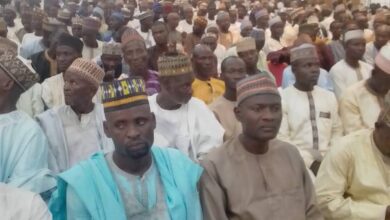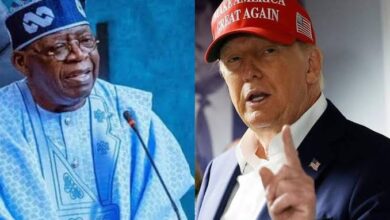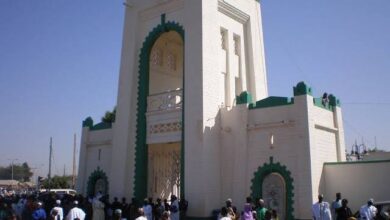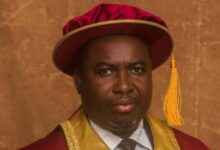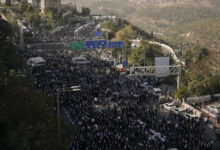OSUN GUBER: Issues to note as Supreme Court gives judgment
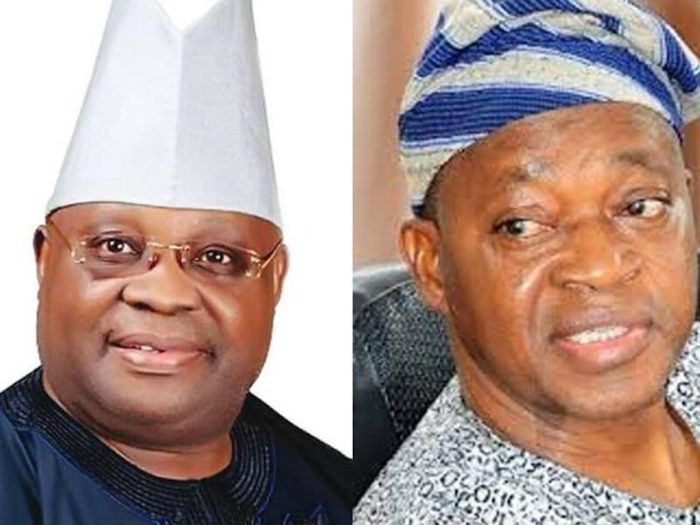
By ISMAIL OMIPIDAN
Other things being equal, by this afternoon, May 9, 2023 the Supreme Court will draw the curtain on the legal tussle and issues over the July 16 governorship election in Osun.
But before then, there are 10 fundamental issues to note:
Issue One, contrary to the position being canvassed by the INEC’s counsel, Professor Paul Ananaba, especially at the Appeal court, to justify his synchronisation position, there is a difference between what happened on July 16 governorship election in Osun and that of the February 25 presidential election.
The point of divergence is about IReV, a mere result uploading and viewing portal, which was not an issue at the Osun Governorship Election Petition Tribunal. PDP did not even stress the issue of IReV at the Tribunal.
However, IReV is part of the issues in the presidential election. So what is the basis of Ananaba drawing a similarity between Osun scenario and that of the presidential election when IReV and BVAS machine serve different purposes and are not the same thing? Sincerely, there was no basis of comparison.
Issue Two, a critical examination of Sections 47 (2) and 51 (2)of the Electoral Act 2022, which show clearly that a voters register plays no role in establishing over-voting. Section 47 (2) stipulates that “To vote, the presiding officer shall use a smart card reader or any other technological device that may be prescribed by the Commission, for the accreditation of voters, to verify, confirm or authenticate the particulars of the intending voter in the manner prescribed by the Commission.”
Section 51 (2) on the other hand stipulates that “Where the number of votes cast at an election in any polling unit exceeds the number of accredited voters in that polling unit, the presiding officer shall cancel the result of the election in that polling unit.”
Issue Three, the first BVAS report, which the APC and its candidate, Adegboyega Oyetola, obtained from INEC, which formed the basis of their petition, was released to them 10 days after a declaration and a return had been made.
The report was generated by INEC from its back-end server. But some people said due to network challenge, the figures had not been synchronised before it was given to Oyetola and the APC by INEC. The question is: Is it possible for there not to be network for the whole of 10 days to enable the transmitted figure drop on INEC’s server as being canvassed by both counsel for INEC and Senator Adeleke?
Issue Four, for me, the position of INEC in its affidavit to the Court of Appeal recently as it relates to the fact that the accreditation data contained in the BVAS machines could not be tampered with or lost, as they would be stored and easily retrieved from its accredited back-end server, is a vindication of the Osun Tribunal’s position which relied on the BVAS report obtained from the back-end server by Oyetola and the APC.
Issue Five, the second BVAS report, which was obtained by the PDP during the pendency of the petition, which they said was the synchronised BVAS report, unfortunately had issues as Counsel for Oyetola and APC were able to point out over-voting in over 100 polling units in that same report.
Issue Six, the report that emanated from Senator Ademola Adeleke, which they said was the outcome of the physical inspection of the BVAS machines and which his counsel prayed the Tribunal to consider while disowning the INEC’s synchronised BVAS report, also admitted that there was over-voting. The only difference being that, according to them, the over-voting occurred in only six polling units.
Issue Seven, Senator Ademola Adeleke did not conduct the election; therefore, he could not have submitted a report of an exercise he never conducted. Besides, in my years of reporting election petition proceedings, this is the first time INEC and the beneficiary of the return made by it will not be on the same page. For Senator Ademola Adeleke’s counsel to have disowned the INEC’s synchronised BVAS report, it means something was fundamentally wrong.
Issue Eight, the issuance of another BVAS report after the first one and the production of another report from the inspection of BVAS machines after a petition had been filed based on the earlier BVAS report issued to Oyetola and APC was nothing but an afterthought.
Issue Nine, the Osun Election Petition Tribunal on January 27 nullified the election of Senator Ademola Adeleke as Governor of Osun State on the basis of over-voting, saying, among other things: “In other words, the defenses of the respondents are tainted with fundamental flaws, irreconcilable and unreliable, incapable of defeating the credible evidence tendered by the petitioners in respect of the 744 polling units where over-voting has been established.” In arriving at the decision, the Tribunal examined certain materials, including two BVAS reports and a report that emanated from the candidate of the PDP, following what their counsel called a forensic examination of the BVAS machines used in the conduct of the election.
Issue Ten, forgery was established. But the Tribunal held that his additional qualifications was enough to let him off the hook, while the Appeal court held that an earlier judgement which relating to the matter was enough to exonerate him. But the Oyetola counsel are insisting that it is not a judgment that could be taken judicial notice of because it did not satisfy the condition for it.



